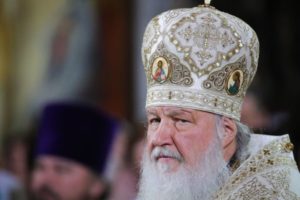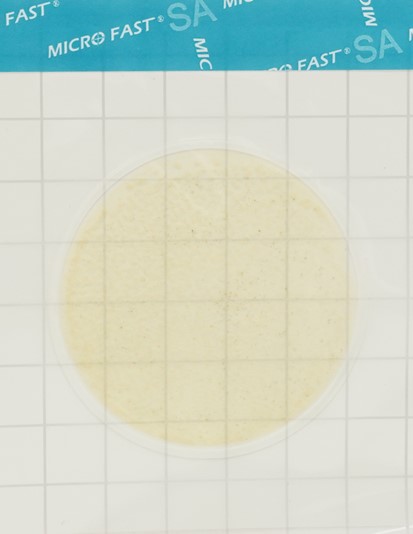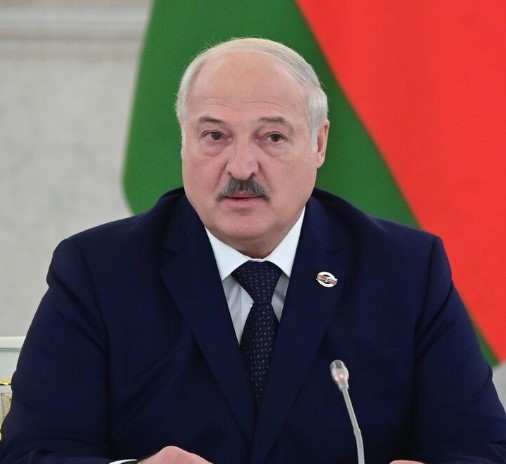24.02–24.01. Infographics

Special military operation
On January 2, the Ministry of Defense announced the strike of the Armed Forces of Ukraine in the area of Makeevka in the DPR. As a result, 89 Russian servicemen were killed on New Year's Eve.
On January 5, President Vladimir Putin instructed the Russian military to impose a ceasefire on January 6 and 7 . Patriarch Kirill had previously made a proposal for a Christmas truce. Kyiv did not support the truce
On January 11, Defense Minister Sergei Shoigu replaced the commander of the Joint Group of Forces: he was appointed HEAD of the General Staff Valery Gerasimov. The former commander Sergei Surovikin became one of his deputies.
On January 11, Yevgeny Prigozhin stated that Soledar had been taken by the fighters of the Wagner PMC, and emphasized that, apart from her, “no units participated in the assault.” The Ministry of Defense reported on establishing control over the city on January 13, the message mentioned the actions of aviation, artillery and paratroopers. Prigozhin said on the same day that "they are constantly trying to steal victory from the Wagner PMC fighters." Soon, the department clarified that the offensive was carried out by a heterogeneous grouping of forces, and the direct assault on city blocks was carried out by "assault squad volunteers" of PMCs. Similar wording subsequently appeared in reports in relation to other settlements.
On January 14, in the city of Dnipro, the entrance of a residential high-rise building collapsed after an explosion. More than 40 people were killed, according to local authorities. Russian Permanent Representative to the UN Vasily Nebenzya explained this by the actions of Ukrainian air defense: “The air defense installation was placed in a residential area in violation of international humanitarian law.” Earlier, the actions of the air defense as the cause of the tragedy were called by a freelance adviser to the office of the President of Ukraine Oleksiy Arestovich. Subsequently, he called these words a mistake, apologized and resigned. The head of the regional administration, Valentin Reznichenko, called the cause of the explosion "a hit by an enemy missile."
On January 20, at the Ramstein air base in Germany, negotiations were held between Western countries on the next package of military assistance to Ukraine. The largest deliveries were promised to the United States . The issue of the German Leopard tanks, a dispute about which preceded the negotiations, remained unresolved.
What weapons did the West promise Ukraine in Ramstein.Photo gallery Photo gallery
What happened in the economy
.fotorama1674553232566 .fotorama__nav--thumbs .fotorama__nav__frame{ padding:5px; height:75px} .fotorama1674553232566 .fotorama__thumb-border{ height:75px; border-width:0px; margin-top:5px}How many sanctions have been imposed on Russia
On January 11, Estonia demanded that the number of diplomats in the Russian embassy be reduced to eight. Tallinn explained this with the goal of achieving parity in the number of posts in the diplomatic mission.
On January 23, the Russian Foreign Ministry demanded that the Estonian ambassador leave the country by February 7, Estonia responded in the opposite way. On the same day, Latvia announced that, out of solidarity with Estonia, it would also lower the level of diplomatic relations with Russia, and demanded that the Russian ambassador leave the country by February 24.
How the West and Russia set a record for the expulsions of diplomats. Infographic Politics
On January 17, the head of the European Commission, Ursula von der Leyen, confirmed the preparation of the next, tenth package of sanctions against Russia. Earlier, REUTERS reported that it could be accepted by February 24.
How does the President's rating change?
How did politicians communicate with each other during this time?
How many cases of fakes and discredit appeared in Russia
Read together with it:
- Russian banks will have their right to withhold some data extended due to sanctions.Russian banks will be exempt from disclosing information sensitive to sanctions risk for another year. The measure has been in effect since March 2022. The regulator now plans to extend the relaxation until December 31, 2026.The Bank of RUSSIA announced plans to extend certain support measures that expire in 2......






























































